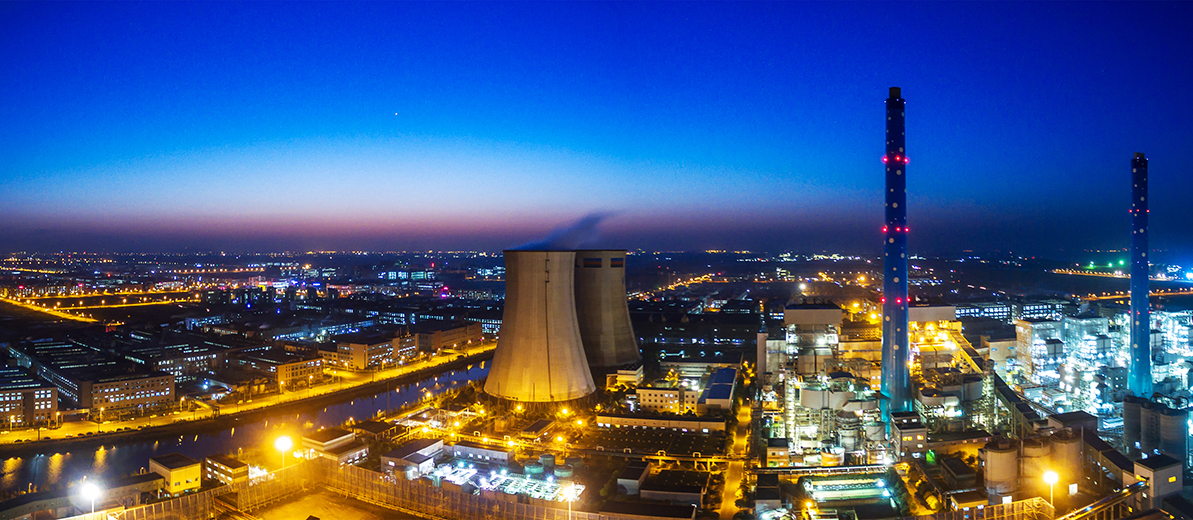
September 23, 2025
Benefits of Engaging a Chemical Engineer as an Expert Witness: Part 2
Chemical engineers are well suited to serve as expert witnesses in claims and disputes involving the design, construction, pre-commissioning, commissioning, start-up, operation, maintenance, and/or performance of industrial processing/manufacturing plants. This is the second of two blog posts on the benefits of engaging a chemical engineer as an expert witness. The first post discusses the typical chemical engineer’s education/training and expertise and the role of a chemical engineer as an expert witness. This second post describes several scenarios that illustrate the types of disputes where engaging a chemical engineer as an expert witness can significantly benefit the outcome of a case.
Common scenarios where a chemical engineer can provide valuable expertise, knowledge, and insight as an expert witness include, but are not limited to:
- Accidents and Safety Violations, Including Insurance Claims: Chemical engineers can investigate accidents at industrial processing/manufacturing plants to opine on whether the root cause was due to plant design issues, faulty processing equipment, construction or equipment installation issues, operational issues, and/or maintenance issues. Chemical engineers can review Hazard and Operability Study (HAZOP) Reports for completeness and to determine if all recommendations were followed and implemented in the final design and operation of the plant. Additionally, chemical engineers can also review design and installation details to determine compliance with applicable codes, standards, and good engineering practices.
- Design and/or Construction Disputes for Industrial Process Plants: Because chemical engineers understand the design and operation of process/manufacturing plants at the fundamental levels of engineering concepts and unit operations (industrial plant building blocks), chemical engineers can assess whether plant design and construction met the contract requirements, design specifications, and applicable industry standards. Chemical engineers can review design documents to determine their sufficiency for equipment procurement and installation, and their testimony can be crucial in resolving disputes, including claims for delay and disruption, by determining whether owners, engineers, contractors, and project/construction management personnel properly fulfilled their obligations.
- Change Order Disputes: Chemical engineers can review Change Orders associated with industrial plant projects to determine the root cause of the change; the technical, cost, and schedule impacts associated with the change; and the party responsible for the change (e.g., owner vs. EPC contractor). Future Long International blog posts will be dedicated to discussing the role of chemical/process engineers in the evaluation of claims related to Change Order disputes.
- Plant Yield and Product Purity Disputes and Product Liability Claims: Because chemical engineers understand plant design, functionality, and operations, including the complex interactions of a multitude of design variables and operating conditions, chemical engineers can review plant design information, operational data, and product data to determine and mitigate the root cause of plant yield and off-spec product issues. Based on this analysis, chemical engineers can determine the responsible party based on whether the root cause was associated with incorrect design specifications, design error, equipment malfunction, or operational issues, including insufficient maintenance programs.
- Plant Failures and Production Downtime Disputes: Similar to the yield and product issues discussed above, chemical engineers can investigate plant design, construction, pre-commissioning, commissioning, start-up, and operations/maintenance to determine the root cause of, and therefore the party responsible for, plant reliability issues that result in plant failures and excessive production downtime leading to reduced revenue.
- Pre-Commissioning, Commissioning, Start-Up, and Performance Testing Disputes: Based on their understanding of integrated plant design, construction, operations, and resulting plant performance, chemical engineers can troubleshoot and determine the root cause of discrepant and/or non-compliant performance data in the pre-commissioning, commissioning, start-up, and performance testing phases of an EPC project. Chemical engineers can opine on whether performance guarantees (including production rates, product purity specifications, process yield, reliability specifications, and utility consumptions) were met, can determine the root cause of failed performance tests, and can determine the party responsible for the resolution of failed performance tests.
- Regulatory Compliance: Chemical engineers are trained to understand chemical concentration data, including the conversion between various systems of units of measurement (e.g., metric system vs. imperial/U.S. units), for both gaseous and liquid streams. Because they also typically understand the various operating modes of industrial plants as well as typical techniques and instrumentation for measuring chemical concentrations, chemical engineers can be essential for determining whether plant effluents such as gaseous emissions and wastewater streams are compliant with applicable regulations. If a plant is not compliant with regulations, chemical engineers can determine the root cause of the non-compliance and the responsible party based on their understanding of complex plant fundamentals.
- Intellectual Property (IP) Claims and Disputes: Because of their fundamental understanding of chemical processes, products, and industrial plants, chemical engineers can assess technical details to determine whether IP rights have been violated and can provide opinions regarding the functionality and application of disputed technologies.
- Delayed Start-Up and Business Interruption Claims: When a fire, explosion, or other operational disaster occurs, and the plant is reconstructed, owners often implement new technology or other improvements into the plant redesign. The cost and time associated with the design and construction of improvements or betterments may not be covered by the owner’s insurance policies. Also, new regulations may cause redesign of certain elements of the plant. If the redesign, construction, pre-commissioning, commissioning, and start-up of the reconstructed plant is delayed because of these improvements and/or new regulations, chemical engineers can identify the plant design, equipment, and instrumentation changes that result from these new regulations and improvements and help ascertain the duration and cost of such delays, including the engineering, procurement, construction, pre-commissioning, commissioning, and start-up schedule activities associated with these improvements.
Eric J. Klein has a BE and ME in Chemical Engineering from Stevens Institute of Technology and a Ph.D. in Chemical Engineering from the University of Colorado.
ADDITIONAL RESOURCES

Blog
Discover industry insights on construction disputes and claims, project management, risk analysis, and more.
MORE

Articles
Articles by our engineering and construction claims experts cover topics ranging from acceleration to why claims occur.
MORE

Publications
We are committed to sharing industry knowledge through publication of our books and presentations.
MORE
RECOMMENDED READS
Benefits of Engaging a Chemical Engineer as an Expert Witness: Part 1
This post discusses the typical chemical engineer’s training and expertise and the role of a chemical engineer as an expert witness.
READ
When to Engage a Professional Electrical Engineer as an Expert Witness
This post delves into the scenarios where the involvement of a professional electrical engineer is crucial.
READ
The Role and Benefit of a Consultant in a Construction Project: Part 1
This is the first blog post in a two-part series on the role and benefit of a construction consultant.
READ

